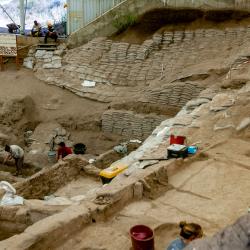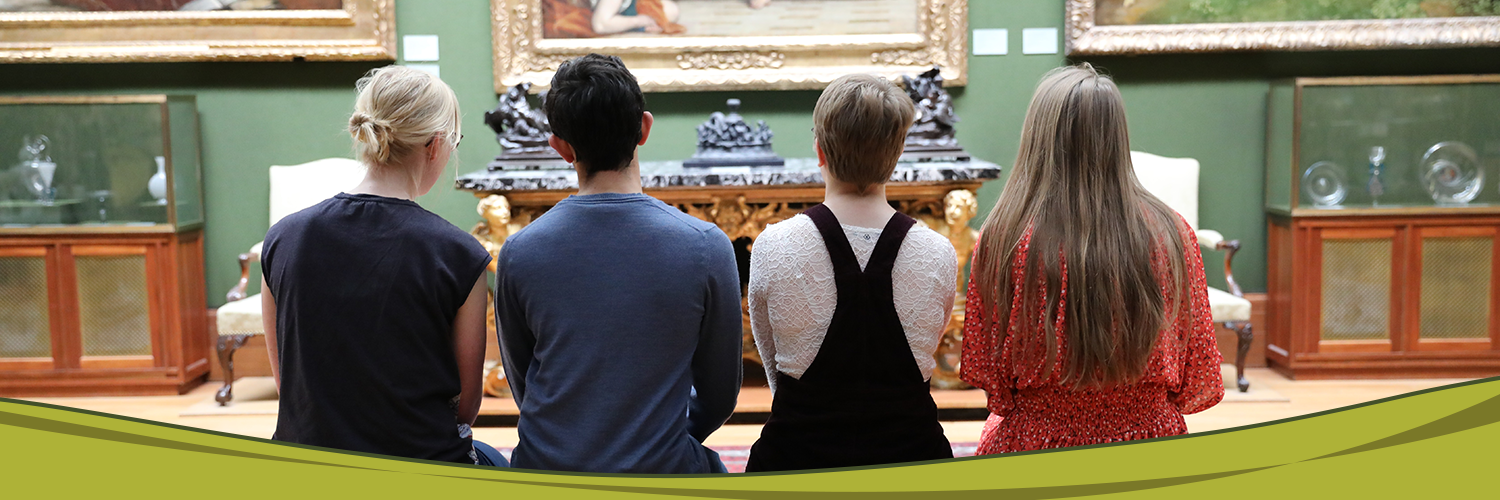In Phase 1, we identified a wide array of scholars across the Humanities and Social Sciences whose work intersects with the theme of legacies of the past. This ranges from Education (exploring strategies for communicating historical legacies to younger generations), to Economics, (where archival materials are being used to trace the financial ramifications of historical events such as the slave trade on present-day institutions).
The project is a timely response to increasing calls for decolonization and transparency within academic institutions: we are aiming to consolidate research efforts into a cohesive framework that not only acknowledges historical injustices but also fosters dialogue and reflection towards potential forms of redress.
To further amplify its impact, the project seeks support from the broader academic community, suggesting collaboration with other schools and centres, such as the Centre for Research in the Arts, Social Sciences and Humanities (CRASSH), to facilitate communication and dissemination of research findings.
Project goals
Beyond its academic significance, the project holds broader societal implications. It acknowledges that the legacies of the past are omnipresent, shaping contemporary attitudes, behaviours, and societal structures. By addressing pressing issues such as colonialism, enslavement, indentureship, and racism, the project aligns with the University's overarching initiatives, such as Cambridge Zero and AI@Cam, which tackle contemporary challenges rooted in historical legacies.
Project Components
We are taking a three-pronged approach to consolidate these efforts. First, we’re constructing a comprehensive framework that integrates these disparate initiatives, providing clarity and coherence to the exploration of historical legacies at Cambridge. Next, the project seeks to facilitate the exchange of methodologies among researchers, fostering a methodological toolkit that spans from traditional object biographies to cutting-edge digital humanities approaches. Lastly, we’re looking at ways to communicate the rich tapestry of research on historical legacies to the broader public, thereby enhancing public understanding and engagement.
Events
Events include curated interdisciplinary conversations, methodology workshops, focused writing sessions tailored for Early Career Researchers (ECRs), the development of a public facing Uncomfortable Cambridge tour, and a culminating conference to synthesize findings and foster further collaboration.




